Securing one's own property with a camera has become a matter of course for many homeowners. The Video surveillance is used outdoors, such as in the garden, on the patio, or in the entrance area. But what many people don't realize is that there are clear legal limits on your own property, too. Those who violate them risk warnings, fines, or even civil lawsuits.
In this article, we show you what is allowed and what is not – and what you should pay attention to if you want to monitor your garden with a camera.
1. Principle: Only your own property may be monitored
The most important principle is:
You may only film areas that belong exclusively to you – for example:
-
Your own terrace
-
Your garden or front yard
-
Your carport or garage
-
Your front door and your property entrance (if no public roads are included)
However, as soon as your camera begins recording public areas such as streets, sidewalks, or other people's property , things become problematic . In this case, third-party privacy rights apply, and this can lead to legal consequences.
2. Public paths and neighboring properties: taboo zones for the camera
What counts as a public area?
-
sidewalks
-
streets
-
public parking spaces
-
Paths that do not belong to you (e.g. shared driveways in semi-detached houses)
What counts as someone else’s private space?
-
Neighbor's garden or terrace
-
the house entrance or the neighbor's windows
-
common land areas (if not clearly demarcated)
Important: Even if your camera only appears to be aimed at your own property, a wide-angle lens or poor positioning can result in part of the neighboring property being captured - this can be considered an unauthorized intrusion.
3. Dummy cameras: Caution is also required here
Many people think: “I’ll just mount a dummy camera – it can show everything.”
But be careful: Even dummies can impair the subjective sense of security of others . Neighbors or passersby must assume they are being filmed – and this can be considered an invasion of privacy.
Tip: If you use a dummy, make sure it is clearly pointed only at your property .
4. Legal basis at a glance
The most important regulations arise from:
-
Art. 6 GDPR (lawfulness of data processing)
-
§ 1004 BGB (right of defense in the event of violation of personal rights)
-
Judgments of the Federal Court of Justice and the State Data Protection Commissioners
The General Data Protection Regulation (GDPR) does not apply if video surveillance is carried out exclusively for private purposes . However, as soon as even parts of public space are recorded or the recording affects third parties , the GDPR applies – and with it, extensive obligations.
These include:
-
Signs indicating video surveillance
-
Data protection information
-
a legal basis for processing
-
if necessary, notification to the data protection authority
5. What is permitted? – Practical examples
| Camera use | Allowed? | Notes |
|---|---|---|
| Camera only monitors your own terrace | ✅ Yes | No permission required as long as no third parties are affected |
| Camera also captures neighbor's garden fence | ❌ No | Invasion of privacy |
| Camera shows private garden + public sidewalk | ❌ No | GDPR relevance, possible fine |
| Doorbell with camera that only records when there is movement and does not film anyone permanently | ✅ Possible | Must be technically correctly set up |
| Camera with motion detection that repeatedly “accidentally” films neighbors | ❌ Problematic | Check settings or mount camera differently |
6. How to implement your garden surveillance in compliance with the law
✅ Our recommendations:
-
Position your camera so that only your property is captured
-
Use features like motion zones or privacy zones to hide public areas
-
If technically possible: Recording only when there is movement , not permanently
-
Avoid using microphones – audio recordings are particularly sensitive
-
Avoid permanently active live transmission with external access unless necessary
7. Conclusion: Better protection – but legally compliant
Video surveillance in the garden is an effective means of deterring intruders and securing evidence. However, it should be used carefully and within legal limits . Those who position their cameras correctly, avoid audio recording, and avoid recording public areas are usually on the safe side – and can simultaneously ensure greater security and peace of mind in their own home.
Are you unsure whether your camera is set up correctly?
Our Weber Protect team will be happy to help you – whether it's selecting the right camera, setting up the technical equipment, or providing legal recommendations for placement.
Get advice now - call us or send us an email!
The security experts at Weber Protect will be happy to help you analyze your individual security needs. A comprehensive security concept doesn't have to be expensive. You don't need to hire expensive contractors for Weber Protect's security products. You can install and configure all the products yourself.
Our range of security products offers everything you need to protect your home. Our video surveillance products protect your home from the front door to the garden.
Please visit our website or contact our customer service for individual advice:
Weber Protect Customer Service
Mon – Fri: 09:00 – 17:00
Phone: +49 (0)30 318765100
Email: info@weberprotect.com


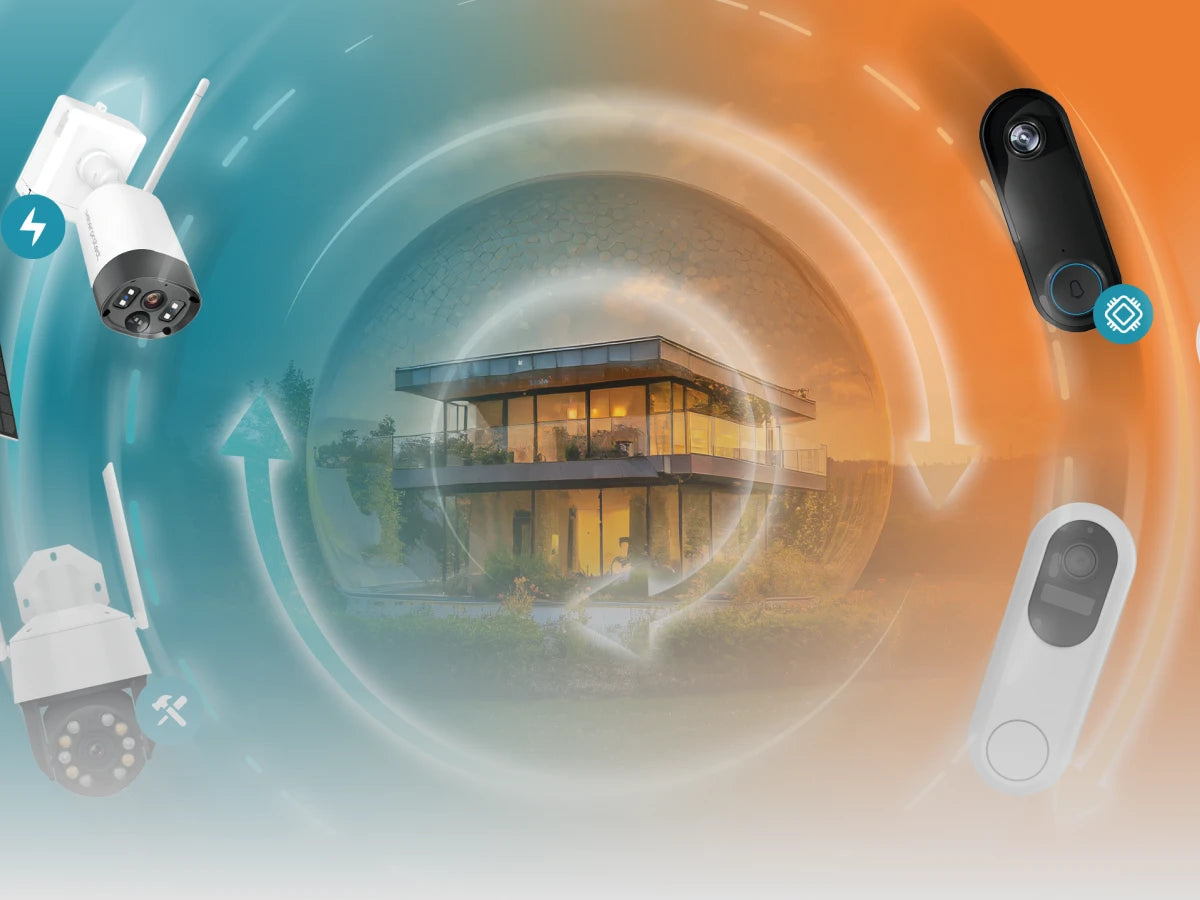
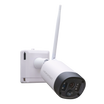
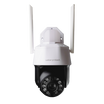







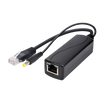

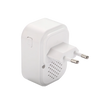
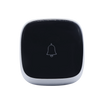




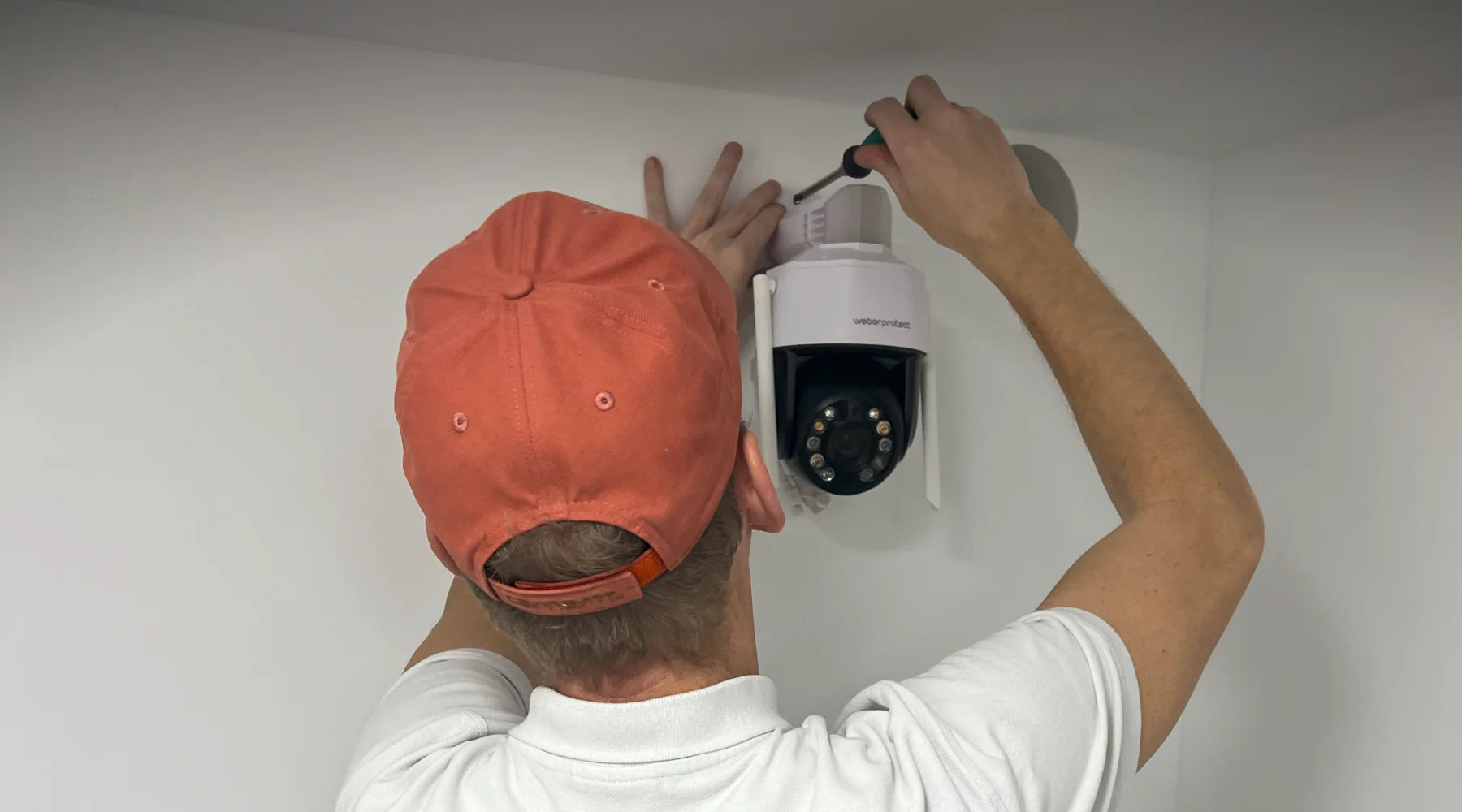
Leave a comment
This site is protected by hCaptcha and the hCaptcha Privacy Policy and Terms of Service apply.